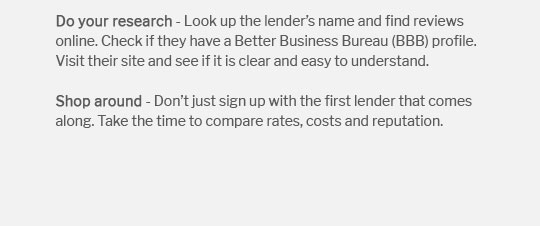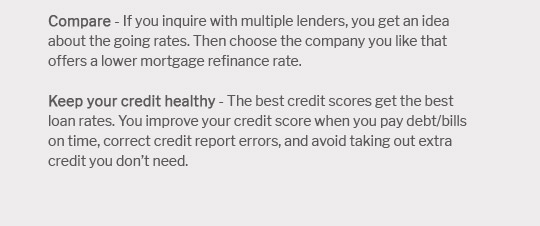 |
|||
 |
 |
 |
 |
|
|---|---|---|
 |
 |
|
 |
 |
|
 |
 |
 |
 |
Understanding 15-Year Home Loan Refinance RatesThe world of home refinancing can often feel overwhelming, yet a 15-year refinance loan offers unique advantages that are worth exploring. While the interest rates for these loans are typically lower than their 30-year counterparts, it is essential to weigh the pros and cons before making a decision. Interest rates for 15-year loans tend to be more favorable due to the shorter loan term, allowing homeowners to pay off their mortgages more quickly and with less interest over the life of the loan. This reduction in interest can result in substantial savings. However, the trade-off is that monthly payments are generally higher, which may not be feasible for all homeowners. Current Market Trends: In recent years, refinance rates have been relatively low, enticing many homeowners to consider refinancing their existing loans. This trend has been driven by a variety of economic factors, including the Federal Reserve's policies and global economic conditions. As of now, refinance rates remain attractive, but they are subject to change, making it crucial for homeowners to stay informed. Advantages of Refinancing: There are several benefits to refinancing into a 15-year loan. Firstly, the lower interest rates can significantly reduce the total cost of the loan. Secondly, the accelerated repayment schedule means that homeowners can build equity more quickly. This can be particularly beneficial for those planning to sell their homes in the future or those looking to eliminate their mortgage debt before retirement. Additionally, refinancing may provide an opportunity to tap into home equity for other financial needs, although this should be approached with caution. Despite these advantages, it's important to recognize the challenges that come with a 15-year refinance. The higher monthly payments can strain budgets, especially for families with fluctuating incomes or other financial commitments. It's crucial to conduct a thorough analysis of your financial situation before proceeding. Many financial advisors suggest using online calculators to estimate monthly payments and compare them with your current financial obligations. Moreover, it's wise to consult with a mortgage professional who can provide personalized advice based on your specific circumstances.
In summary, while the current economic environment presents favorable conditions for refinancing, it's essential to approach the decision with diligence and foresight. By carefully weighing the pros and cons, and seeking professional advice, homeowners can make informed decisions that align with their financial objectives and lead to greater financial stability in the future. https://www.bankrate.com/mortgages/15-year-refinance-rates/
As of Thursday, March 27, 2025, the national average 15-year fixed refinance interest rate is 6.09%, down compared to last week's rate of 5.98%. The national ... https://www.usbank.com/home-loans/refinance/conventional-fixed-rate-refinance/15-year-fixed-refinance-rates.html
A 15-year fixed rate mortgage is a home loan with a repayment period of 15 years. It has an interest rate that does not change throughout the life of the loan. https://www.bankrate.com/mortgages/15-year-mortgage-rates/
As of Friday, March 28, 2025, the national average 15-year fixed mortgage interest rate is 5.98%, up compared to last week's rate of 5.91%. The national average ...
|
|---|